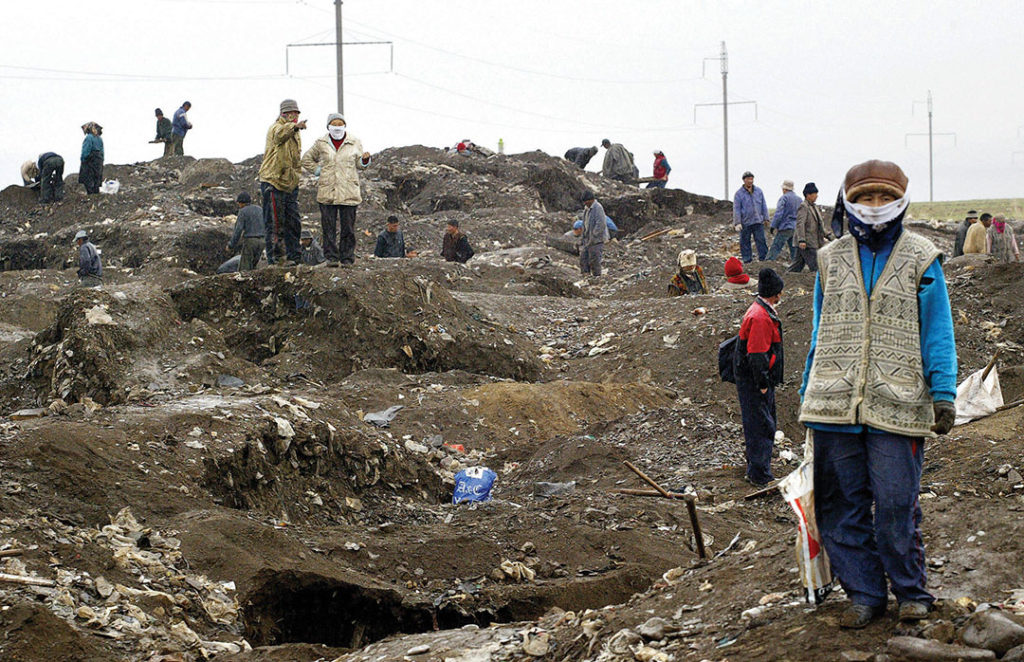UNIPATH STAFF
After the collapse of the Soviet Union, all five Central Asian countries — Kyrgyzstan, Kazakhstan, Tajikistan, Turkmenistan and Uzbekistan — committed themselves to nonproliferation of nuclear materials, denuclearization and cooperation with international arms agreements.
That process of eliminating the remains of the nuclear arms industry continues to this day. In May 2018, Kyrgyzstan held an international conference dedicated to safeguarding former uranium mines in Central Asia and reducing the public health threat from radioactive waste.
European Union representative Michele Rivasi, speaking on behalf of Kyrgyzstan, Tajikistan and Uzbekistan, called on the international community to help clean up uranium debris in these countries. According to Rivasi, uranium sites in Kyrgyzstan and other regions pose a lethal danger if radioactive and other toxic chemicals leak into nearby rivers.
Kyrgyzstan’s Ministry of Emergency Situations lists 92 sites in the country containing toxic and radioactive substances. Of these, 36 are in the city of Mailuu-Suu, and 23 contain uranium. Millions of people in the densely populated Ferghana Valley could suffer if radioactive materials escaped into waterways through landslides or other natural disasters.
In 2017, Kyrgyzstan ratified an agreement with the European Bank for Reconstruction and Development to begin cleaning up several uranium sites. The EU pledged an initial contribution of $19.4 million. More money is needed: The country planned to submit a resolution to the United Nations General Assembly in September 2018 seeking further international donations.
As signatories of the Central Asian Nuclear-Weapon-Free Zone Treaty, the five Central Asian states agreed “not to research, develop, manufacture, stockpile, acquire, possess, or have any control over any nuclear weapon or other nuclear explosive device, or carry out nuclear weapon tests.”
Sources: Azattyk, 24.kg, Atameken Business Channel, IAEA.org, Armscontrol.org

